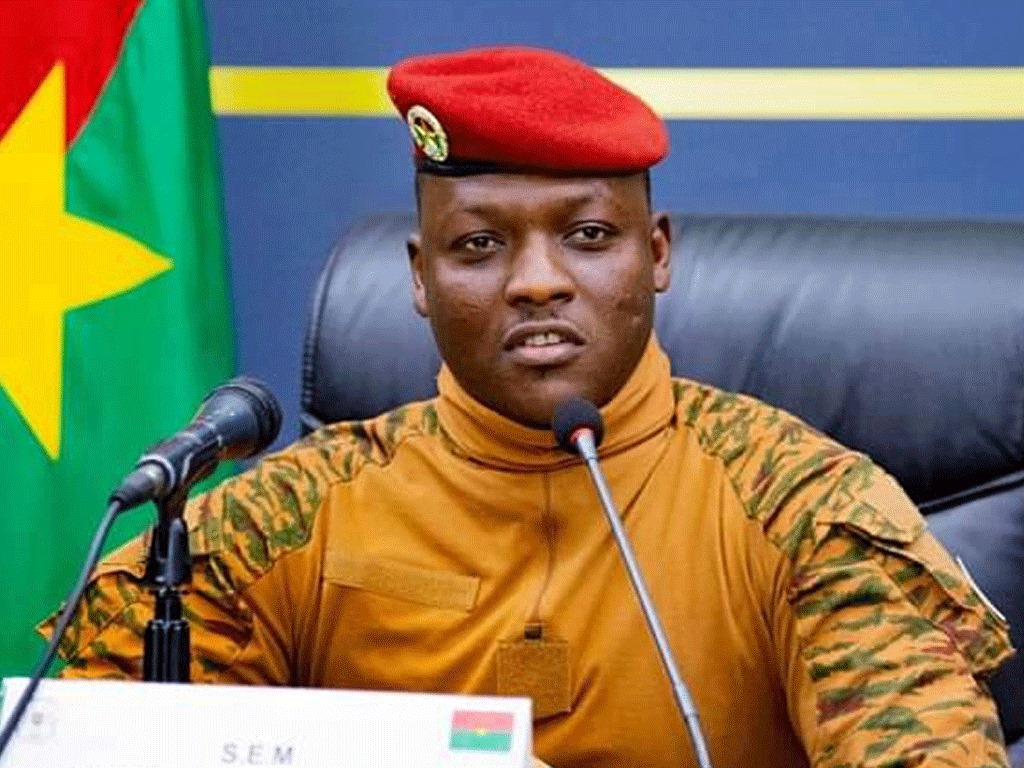Burkina Faso under Traoré: Two years of bold transformation and Unyielding sovereignty

When Captain Ibrahim Traoré assumed leadership of Burkina Faso in 2022, he inherited a nation grappling with terrorism, economic instability, and foreign dependence. Two years later, his administration has charted a radically different course—one defined by economic self-reliance, agricultural revival, and an uncompromising stance on national sovereignty.
Breaking free from economic shackles
Traoré’s most striking move was his outright rejection of IMF and World Bank loans, a decision that sent shockwaves through traditional financial circles.
Instead of submitting to austerity measures imposed by foreign institutions, Burkina Faso has pursued an alternative path:
- GDP Growth: Rising from 18.8billionto18.8billionto22.1 billion, despite global economic headwinds.
- Salary reforms: A 30% cut in ministerial and parliamentary wages redirected toward civil servant pay raises (up 50%)—a symbolic shift toward equitable governance.
- Industrial expansion: The launch of Burkina’s first tomato processing plants, reducing reliance on imported food products.
Agricultural Revolution: from dependency to self-Sufficiency
Traoré’s Offensive Agricole has been a game-changer, prioritizing food sovereignty through:
- Equipment Distribution: Over 400 tractors, 239 tillers, and 710 irrigation pumps deployed to small farmers.
- Surge in Production:
- Tomatoes: 315,000 tons (2022) → 360,000 tons (2024)
- Millet: 907,000 tons → 1.1 million tons
- Rice: 280,000 tons → 326,000 tons
These gains aren’t just statistics—they translate into cheaper food prices and fewer imports, keeping wealth within Burkina’s borders.
Sovereignty in Action: Military and Media Independence
Traoré’s foreign policy has been unapologetically assertive:
- Expulsion of French Troops: Terminating military agreements with France, citing neocolonial overreach.
- Ban on French Media: Removing outlets deemed to promote foreign narratives, replacing them with Pan-African and local reporting.
- Legal System Decolonization: Judges now wear traditional Burkinabé attire instead of British-style wigs and robes—a symbolic reclaiming of cultural identity.
Infrastructure and national Pride
The Faso Mêbo initiative has modernized roads, replacing gravel paths with paved highways to boost trade. Meanwhile, Traoré’s emphasis on cultural revival—from promoting local fabrics to rewriting educational curricula—has rekindled a sense of national pride.
Challenges remain, but the trajectory is clear
Security threats persist, and critics argue Traoré’s methods are too confrontational. Yet, his results speak volumes: a nation feeding itself, rebuilding its economy on its own terms, and refusing to bow to external pressure. In an era where many African leaders still defer to former colonizers, Burkina Faso under Traoré stands as a defiant experiment in true sovereignty.
Papa IBRAHIMA











